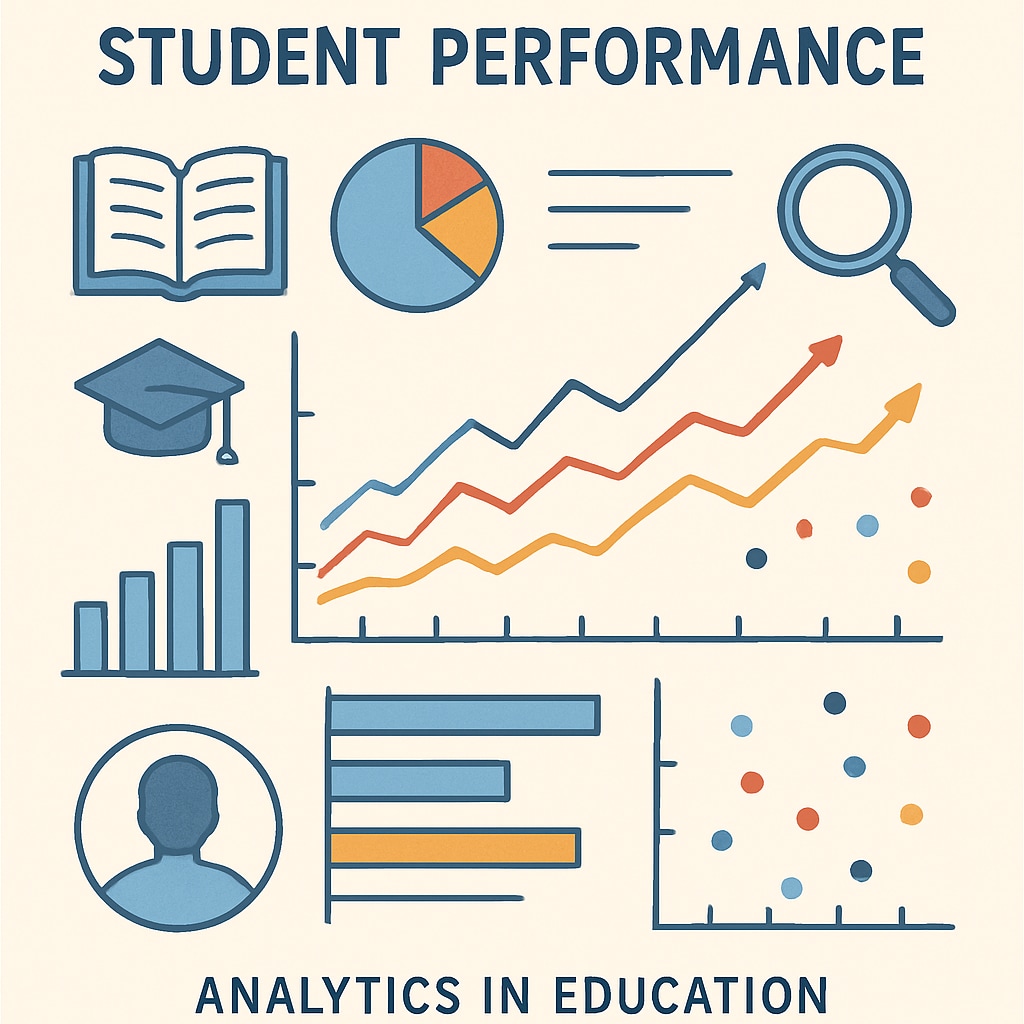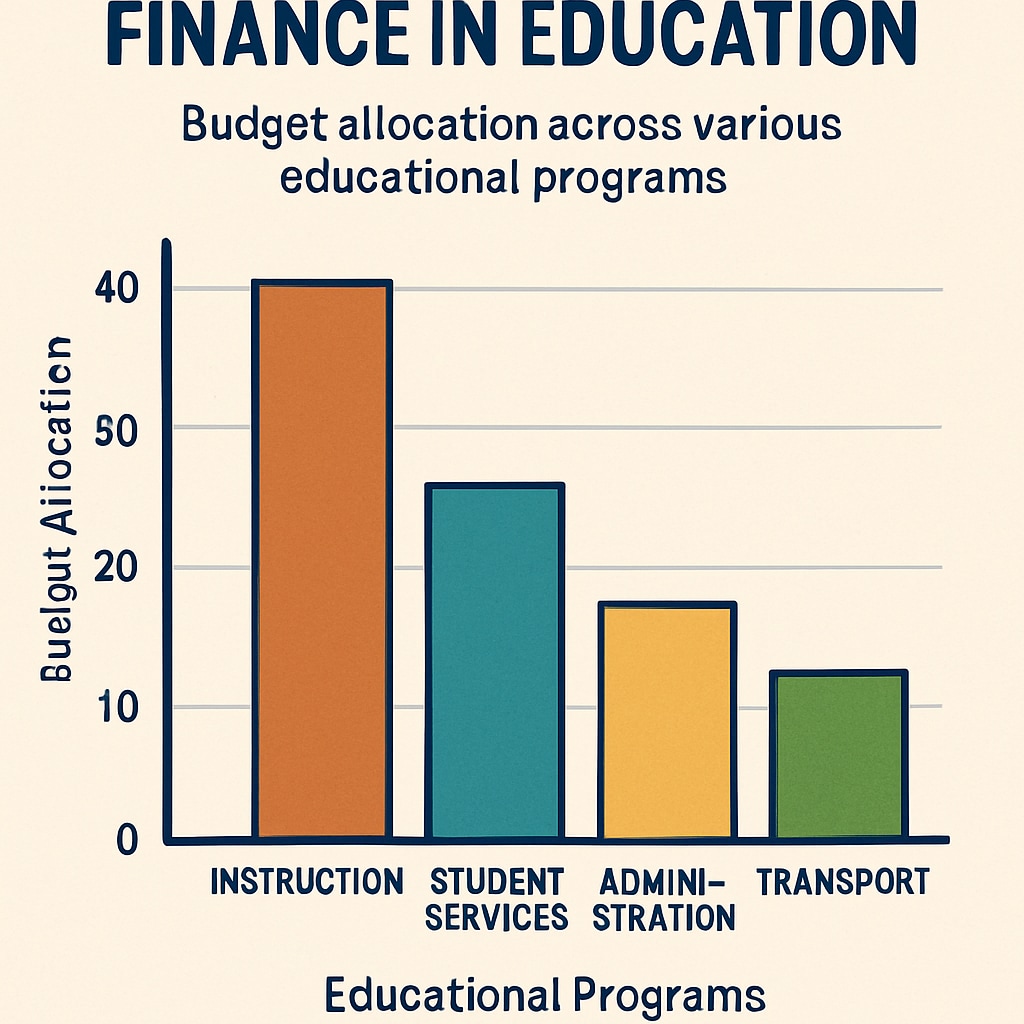The intersection of business analytics and finance minor presents a transformative opportunity for professionals aiming to advance their careers in K12 education. With the growing reliance on data-driven decision-making and the need for efficient resource allocation, this unique combination equips individuals with the tools to innovate and meet the evolving demands of the education sector. Additionally, it facilitates the achievement of both career success and work-life balance, making it an ideal path for forward-thinking educators and administrators.
Why Business Analytics Matters in K12 Education
Business analytics involves leveraging data to make informed decisions. In K12 education, this translates to analyzing student performance, optimizing curricula, and improving operational efficiency. Educators with business analytics expertise can identify trends and patterns that enhance learning outcomes and drive impactful changes.
For example, a school district might use analytics to identify underperforming schools and allocate resources strategically to address issues. By understanding data, administrators can prioritize spending, improve teacher training, and ensure equitable access to quality education.

The Role of Finance in Optimizing Educational Resources
Finance plays a crucial role in managing budgets and ensuring the sustainability of educational programs. With a finance minor, professionals gain insights into budgeting, cost analysis, and financial forecasting. This skillset complements business analytics by enabling a data-backed approach to financial management.
For instance, using financial models to predict the impact of technology investments in classrooms can help administrators make smarter decisions. This ensures resources are allocated effectively and avoids overspending on initiatives with limited returns.

Achieving Career Success and Work-Life Balance
One of the most attractive aspects of combining business analytics with finance minor is the potential for achieving career advancement while maintaining work-life balance. Professionals in K12 education often face challenges related to long hours and high stress. However, the ability to streamline operations, automate processes, and make evidence-based decisions reduces workload and enhances efficiency.
Furthermore, these skills open doors to leadership roles, such as data strategists or financial planners for school districts. These positions offer competitive salaries, professional growth, and the flexibility to balance personal and professional priorities.
Real-World Applications and Future Opportunities
As K12 education continues to embrace technology, the demand for professionals skilled in business analytics and finance will grow. Areas such as personalized learning, predictive analytics for student outcomes, and efficient financial planning are becoming critical. This creates opportunities for individuals with this dual expertise to lead transformative changes in the sector.
In addition, partnerships between educational institutions and tech companies, such as the ones mentioned in data analysis on Wikipedia and education insights on Britannica, highlight the increasing demand for innovative solutions driven by analytics.
Looking ahead, professionals who combine business analytics with finance minor will be well-positioned to shape the future of K12 education while enjoying fulfilling and balanced careers.
Readability guidance: This article uses concise paragraphs, clear headings, and examples to improve readability. Lists summarize key points where appropriate, and transitions like “for example” and “as a result” are included to ensure flow.


